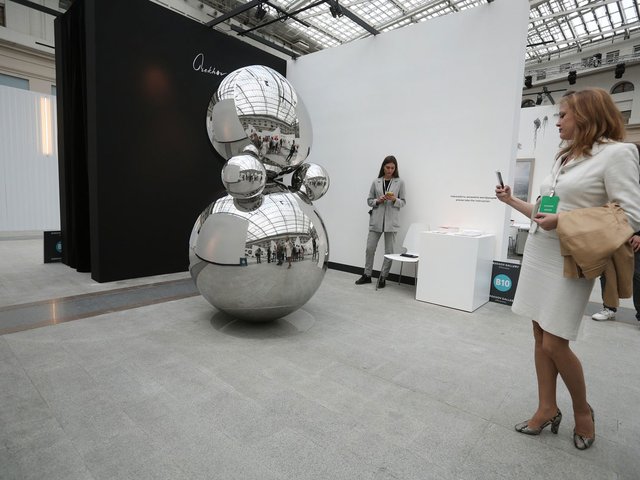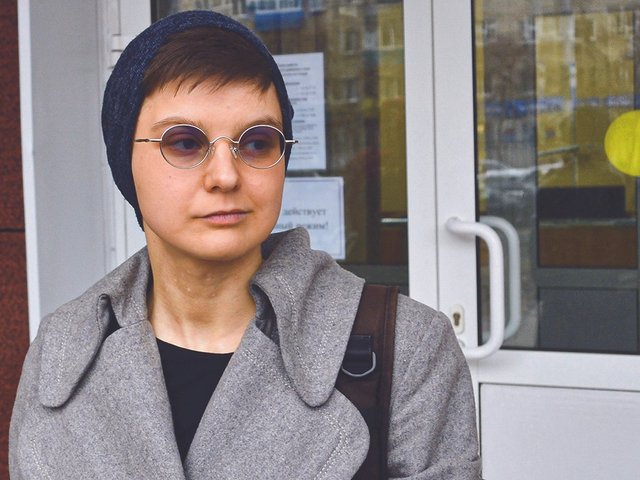The governor of Russia’s second largest city, St Petersburg, signed a new law forbidding “homosexual propaganda” on 7 March. It bans the dissemination of information on homo-, bi- and transsexuality. In June, the first arrests were made when two men were held in custody after displaying a banner that read “homosexuality is normal”; they now face a maximum fine of Rb500,000 (£10,000). The law is regional, but the Berlin-based curator and head of the Video-Forum at the Neuer Berliner Kunstverein, Kathrin Becker, who organised this year’s edition of the Moscow International Biennale for Young Art, thinks it might be adopted in other cities too. She says: “The law also affects the arts; it means that images of non-heterosexual relationships are forbidden. Even the rainbow flag is considered a symbol of homosexual propaganda by that interpretation.” She believes that some of the works in the biennial will cause offence, especially as the event is funded by Russia’s and Moscow’s ministries of culture. “A number of pieces in the show deal with these issues and might get stuck in customs or might get taken down. I’m interested to see what will happen.”
The biennial is a rare opportunity for young Russian artists to exhibit on an international stage, something Becker hopes will not be jeopardised by a scandal. Compared with the previous two editions, which were conceived more as festivals, the number of participants has been reduced, with more works exhibited by each artist. The majority of the show will take place at two Moscow venues: the National Centre for Contemporary Arts and the Moscow Museum of Modern Art. The central exhibition, “Under a Tinsel Sun”, is due to be held at the city’s Central House of Artists.
The artists in the biennial were selected through an open call that attracted more than 2,700 entries. Works by 80 artists and collectives were chosen; the majority are Russian but artists from 32 countries are included. “During Soviet times, Russia was a multi-national, multi-ethnic society,” Becker says. “Nowadays, I have to say with regret that there is a certain level of racism, and people who come from central Asian republics are often without papers or work permits, and are occasionally very badly treated. I have even witnessed this myself. So I invited artists from, for example, Africa, Indonesia, Pakistan and Iran to make it crystal clear that the boundaries of “international” do not stop somewhere in the West or in Europe.”
Originally appeared in The Art Newspaper as 'Anti-gay law clash'



